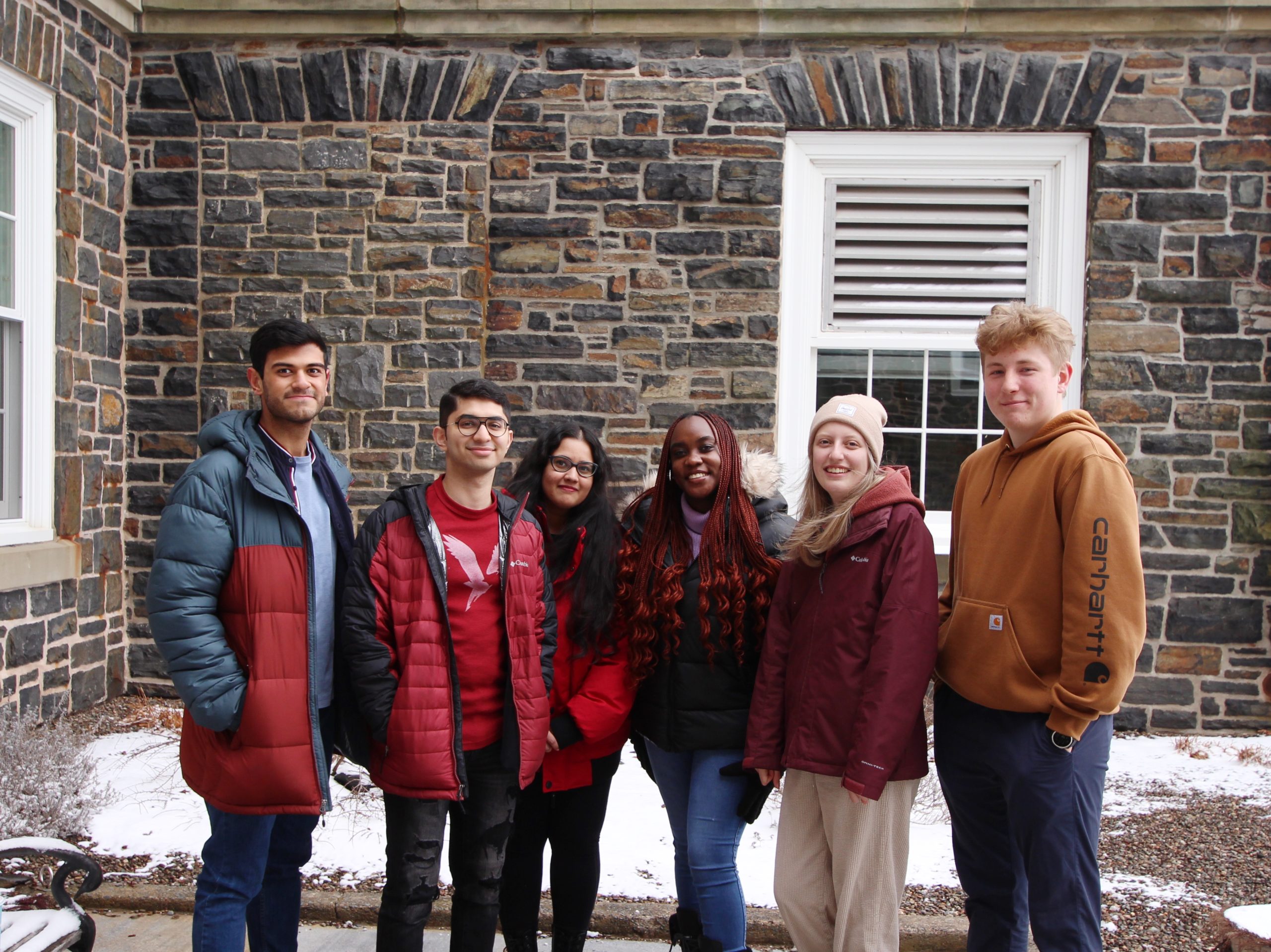Post-Secondary Institutions
We support post-secondary partners in testing new models and expanding existing student experience programs that support thriving and healthy students and student populations. These initiatives aim to address some of the root causes of low student well-being and mental health, including social isolation and anxiety, academic and financial stress, and overwhelm about the state of the world and the future.
We fund initiatives that:
Equip students with skills and foster a sense of belonging
We believe that if students are better equipped with the right tools, skills, and a trusted community of peers, mentors, and faculty and staff, they will be able to better self-manage lower levels of stress and anxiety and reach out for help at the right time. This, in turn, allows currently strained clinical services to be directed where they are needed most.
Help students navigate available supports effectively
We want health services to be seamless and easily accessible to all students. Students need to be able to find the right kind of supports when they need them, and available supports need to be holistic, integrated, and straightforward to navigate.
Are data-informed
We believe that data is critical to understanding diverse student populations, their needs, effectiveness of program delivery, and barriers to access. This can help partners improve current programming and encourage others to design programs that better meet student needs and replicate best practices and models.
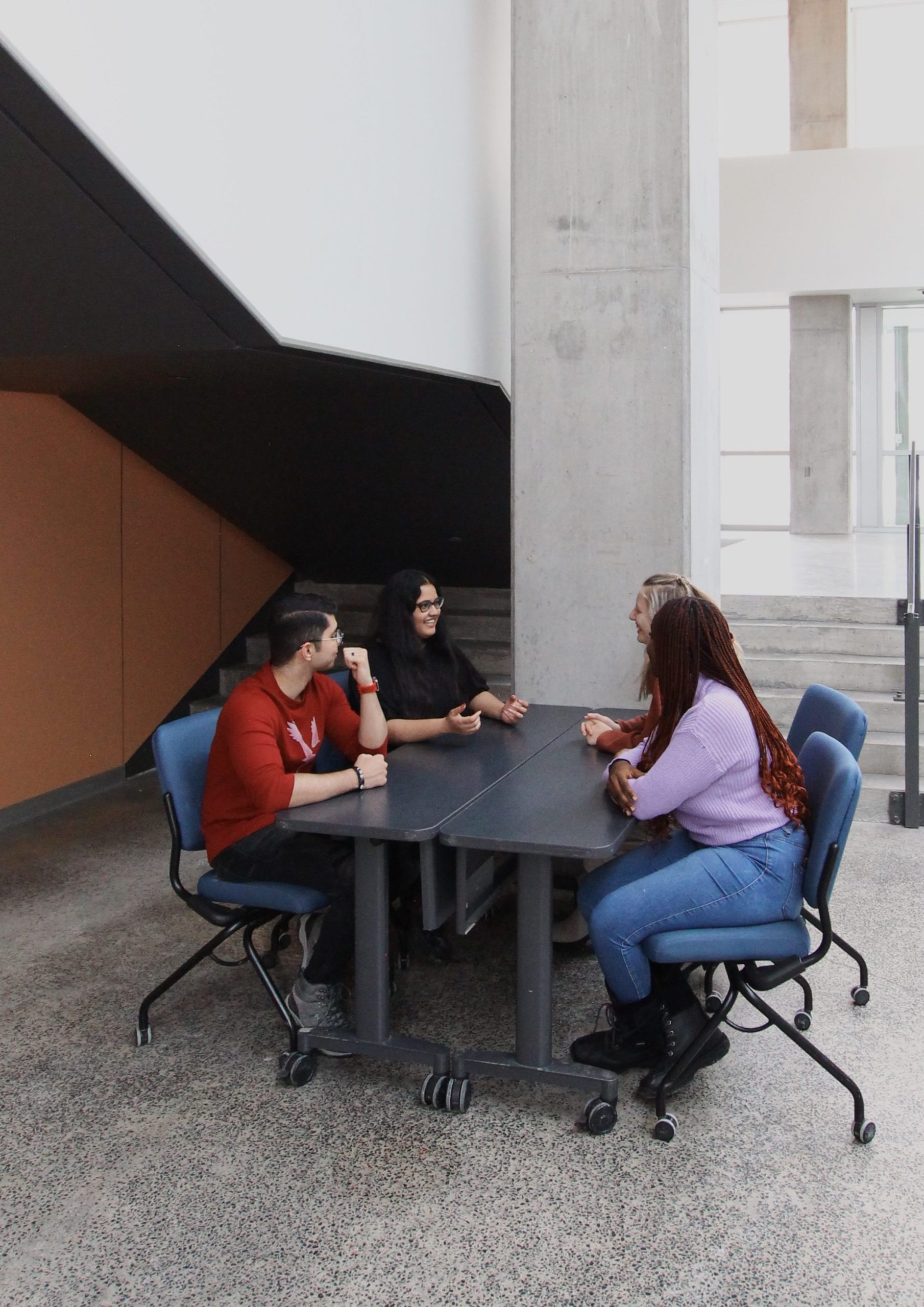
What We Support:
- First-year transition programs: The start of post-secondary education often marks a significant period of change in a young person’s life: a new school, a new city or town, more challenging academic studies, a new social environment, and new financial pressures. Students enter post-secondary with varying levels of mental health literacy and skills and different support systems to help them respond to adversity. We invest in first-year transition programs that foster a sense of belonging and community on campus, build skills to thrive in a new academic environment, and teach students to navigate resources and supports available on campus.
- Early intervention programs: We invest in approaches that identify students who may need additional supports – academic, mental health, or other – proactively and early. The objective is to help students address challenges before they worsen. Early intervention often begins after a student is accepted to the post-secondary institution and before they arrive on campus and continues throughout the academic year.
- Well-being and mental health training: Faculty, peers, and frontline staff are often the first to identify potential issues and can be the first point of help for students in need. We invest in training programs that equip these individuals to better identify, respond, and direct students to appropriate services.
- On-campus integrated youth services: Mental health supports can be complicated for students to navigate. Services may be on or off campus, and a student may need to coordinate multiple aspects of care – counselling, housing, and academic accommodations, for example. We invest in models that integrate on-campus and off-campus supports to provide more efficient and effective care.
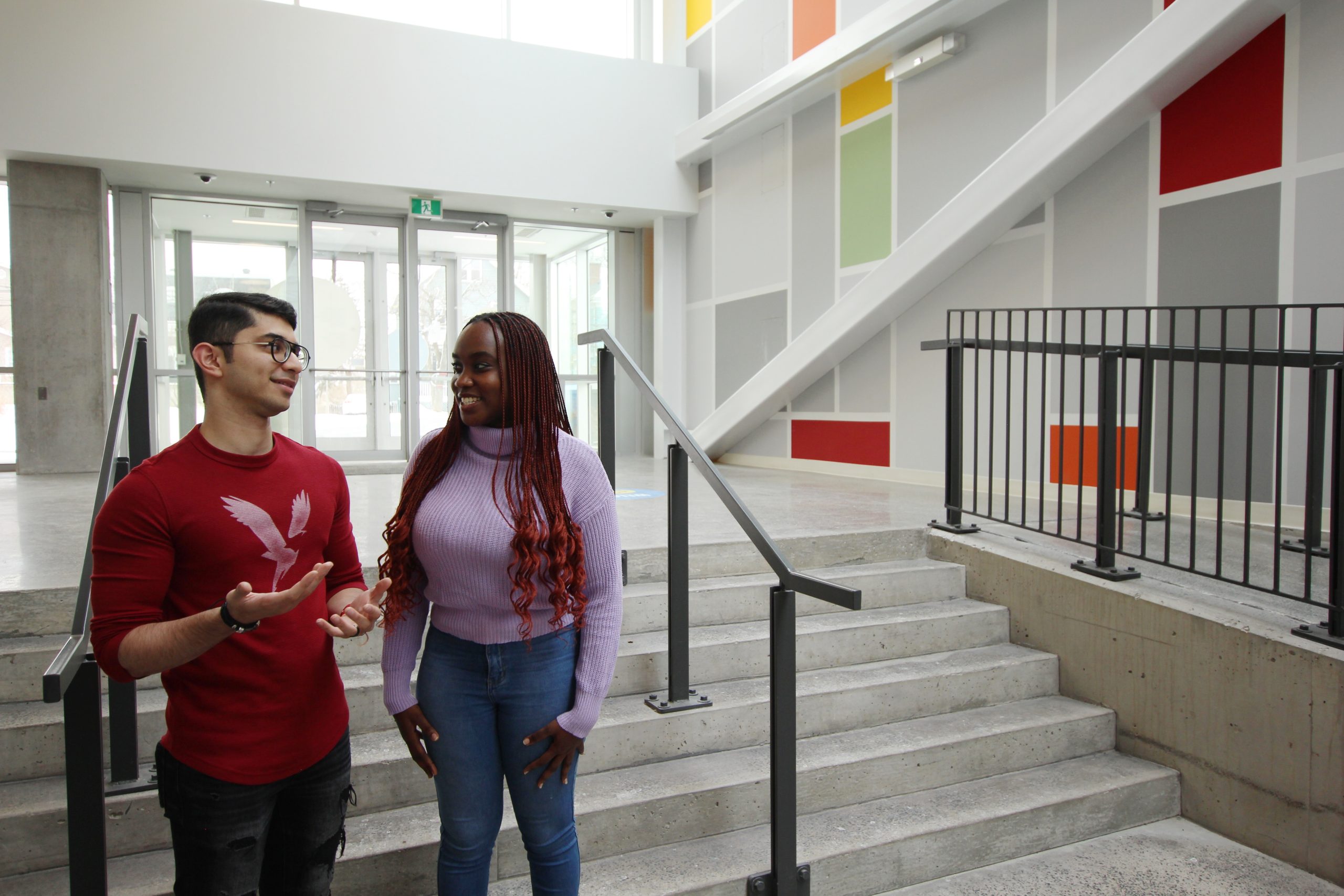
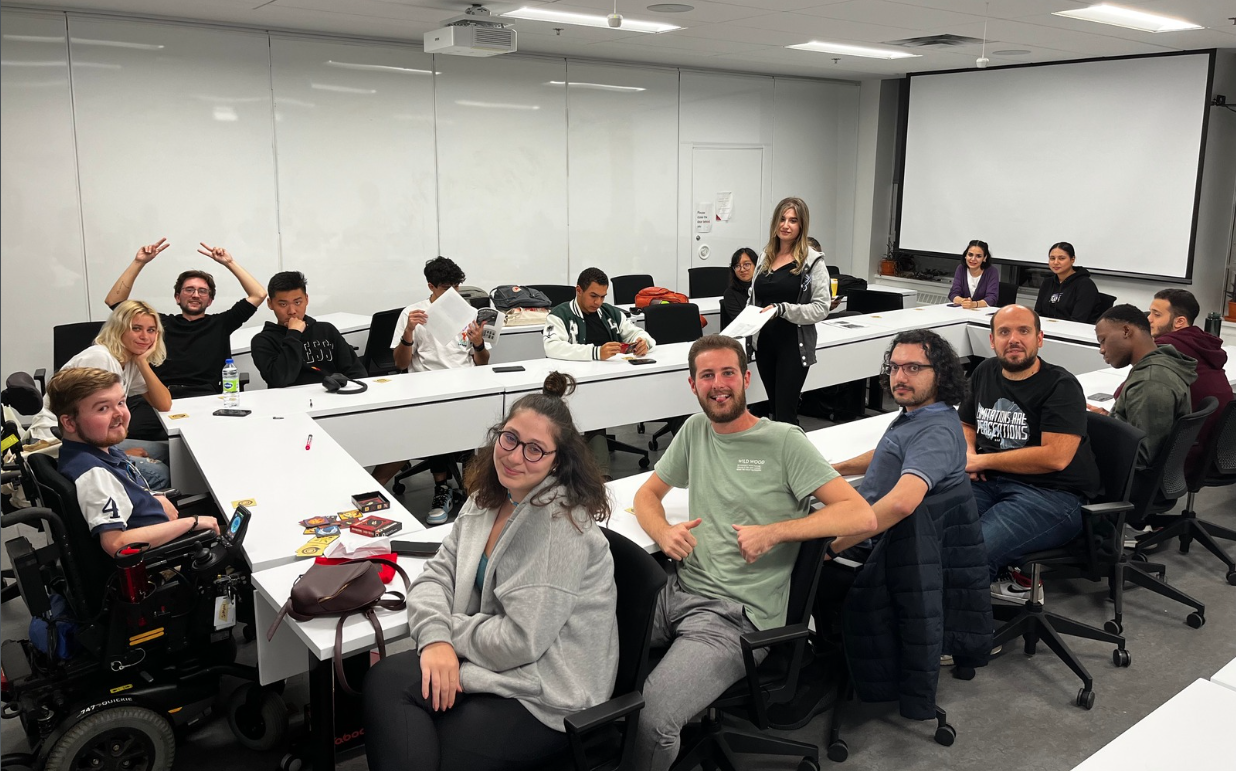
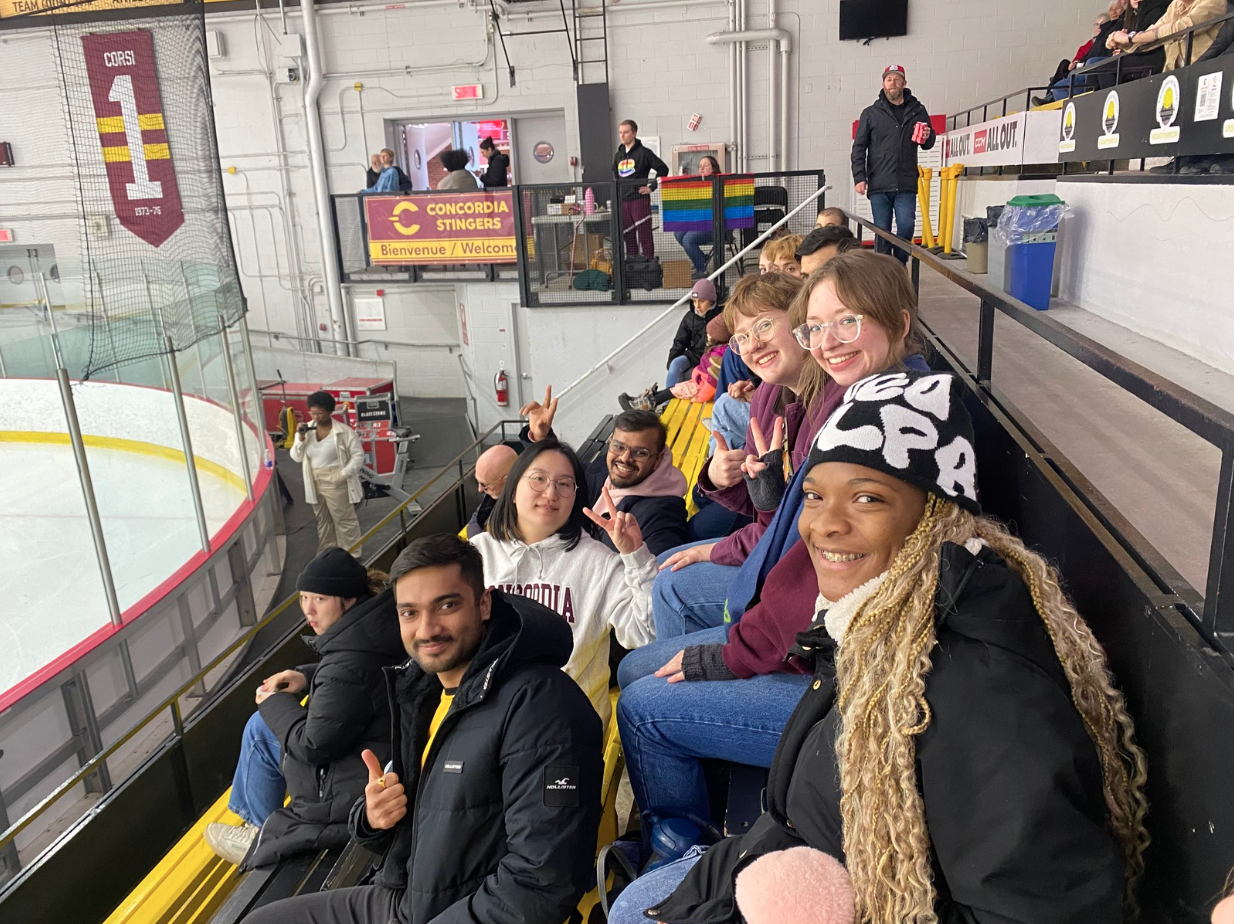
Grantee Spotlights
-
Homeroom at Concordia University
Concordia University, located in the heart of Montreal, Canada, serves a diverse population of over 50,000 students studying at the undergraduate and graduate levels. The Foundation is a supporter of Concordia’s first-year transition program, Homeroom. The program helps students build relationships, develop skills to help them thrive throughout their studies, and learn how to navigate…
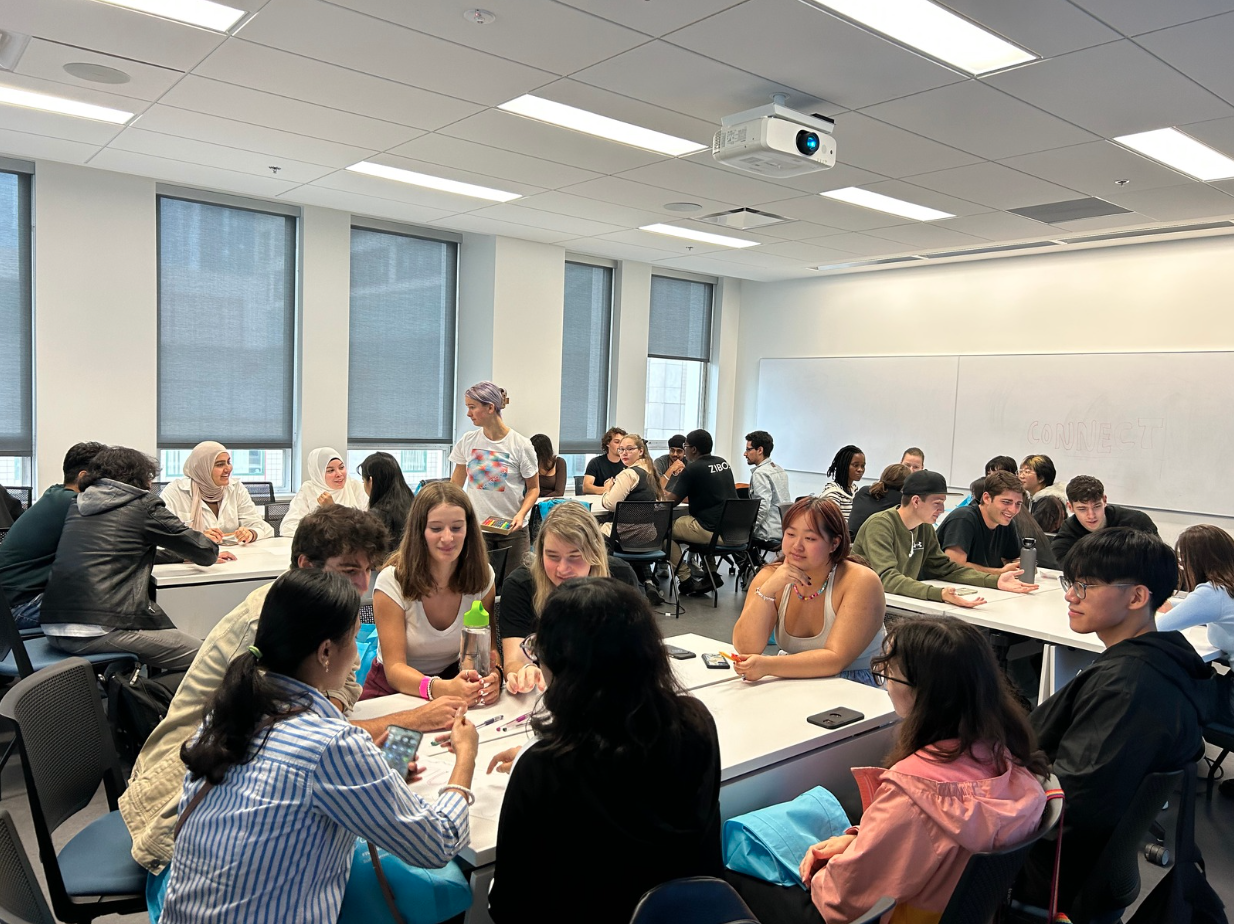
-
Together@Dal at Dalhousie University
Located in Halifax, Canada, Dalhousie University is Atlantic Canada’s largest university, serving a community of over 20,000 students across undergraduate and graduate degree programs. The Foundation supported the launch and expansion of Together@Dal, a first-year transition program designed to increase sense of belonging, academic self-efficacy, and community engagement among first year undergraduates. The program pairs…
